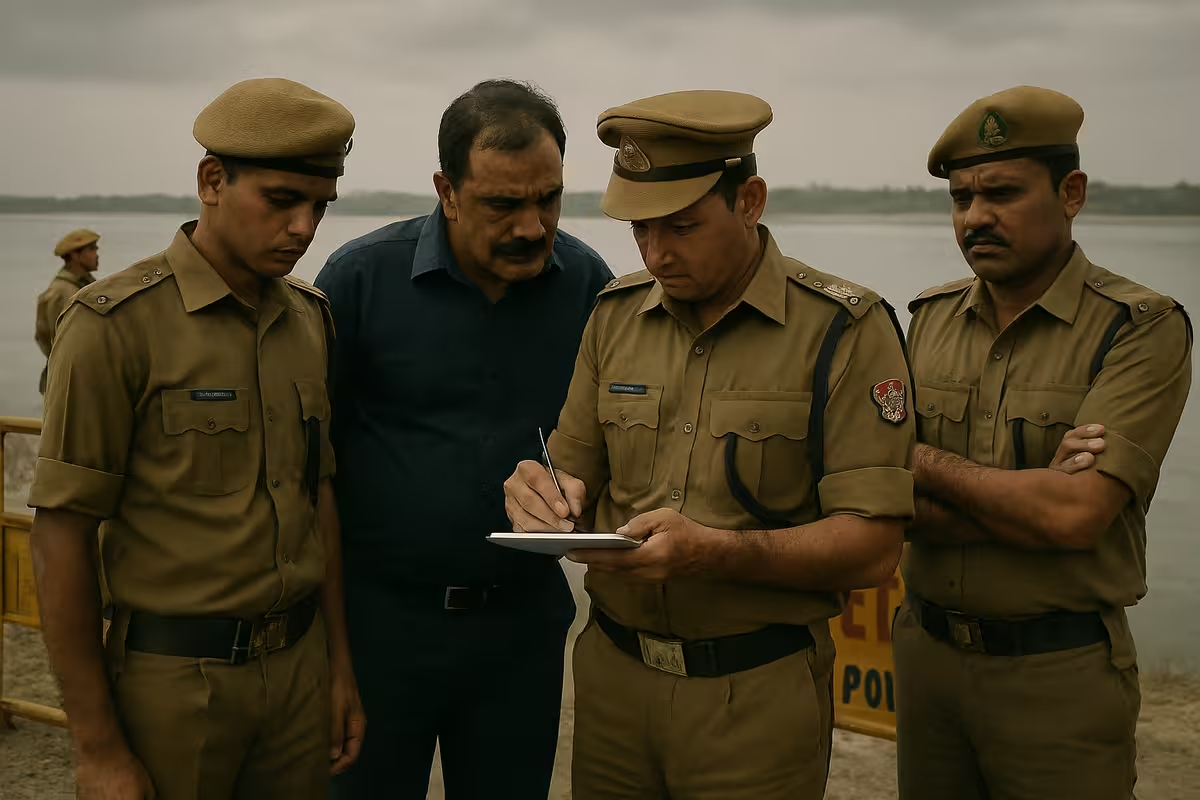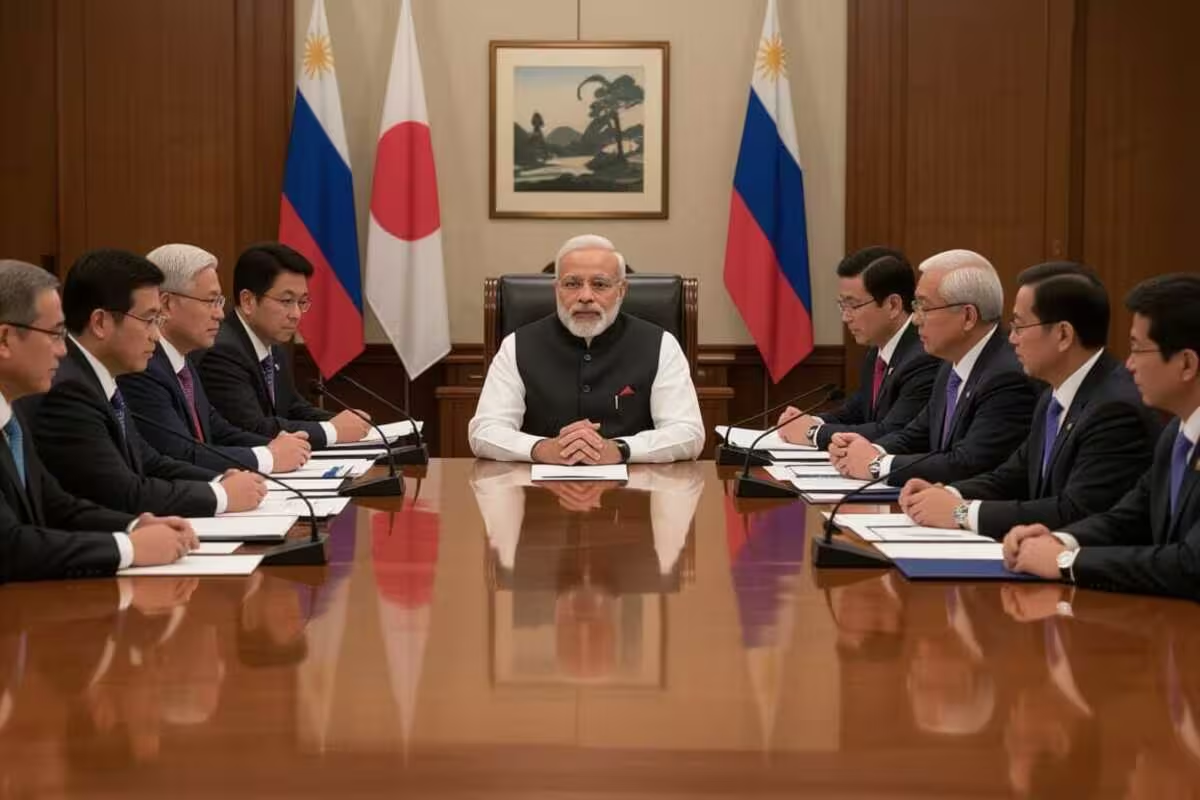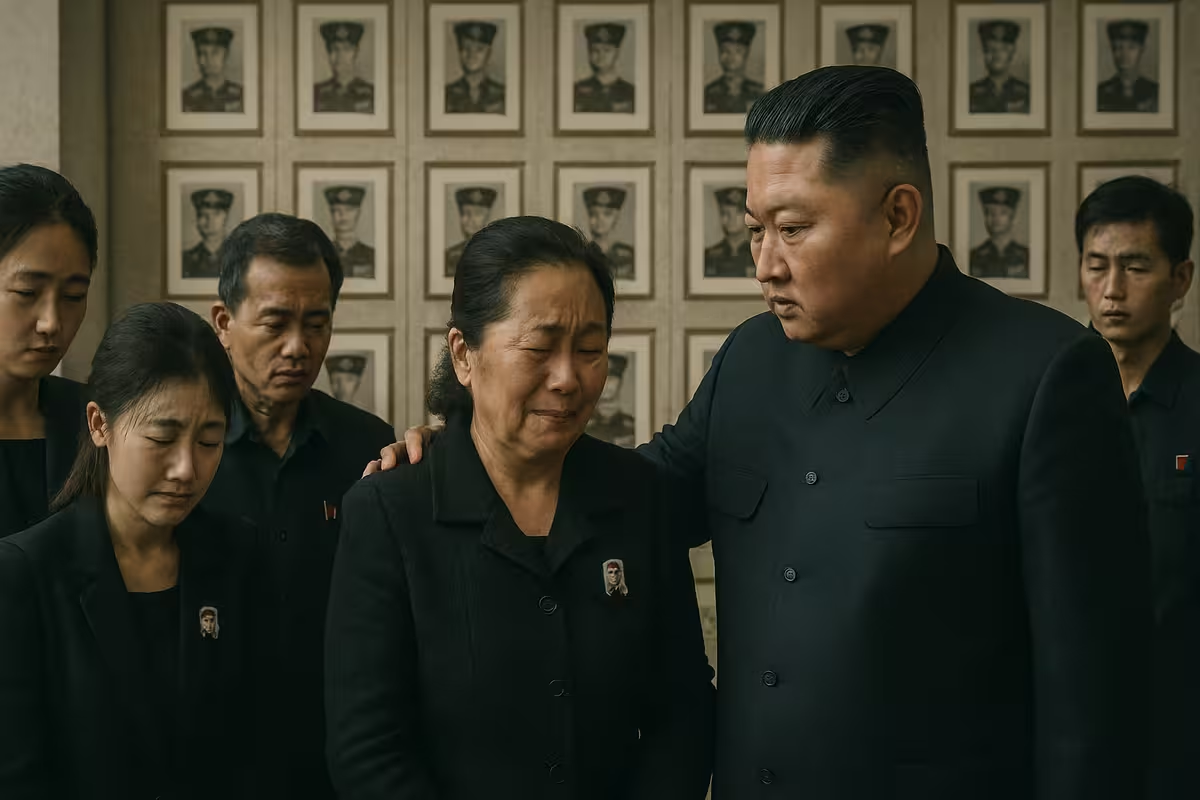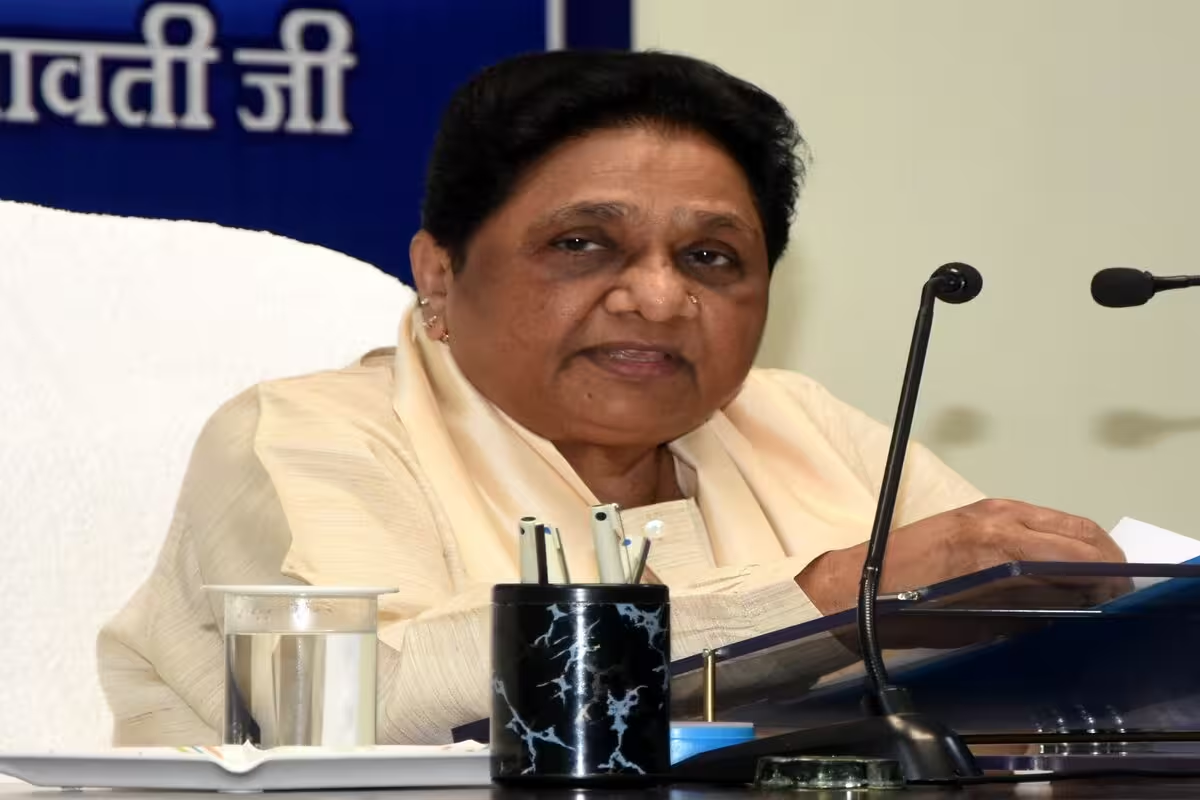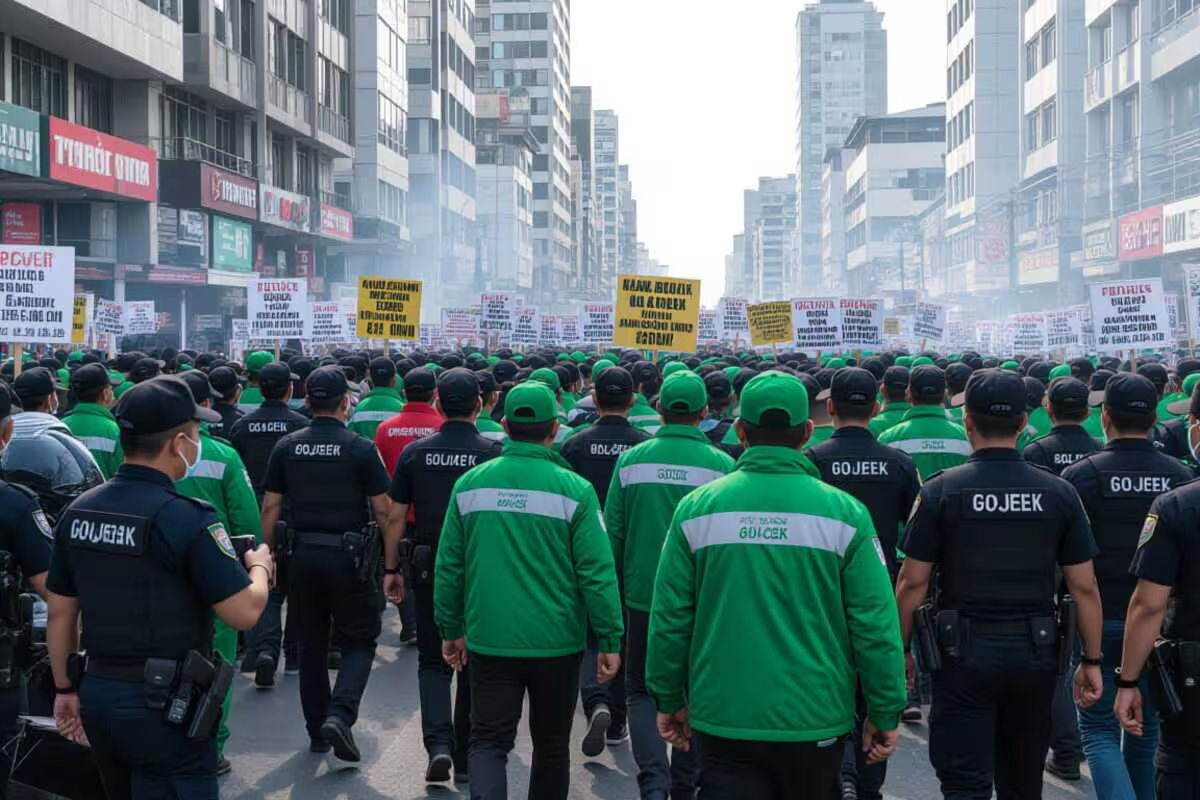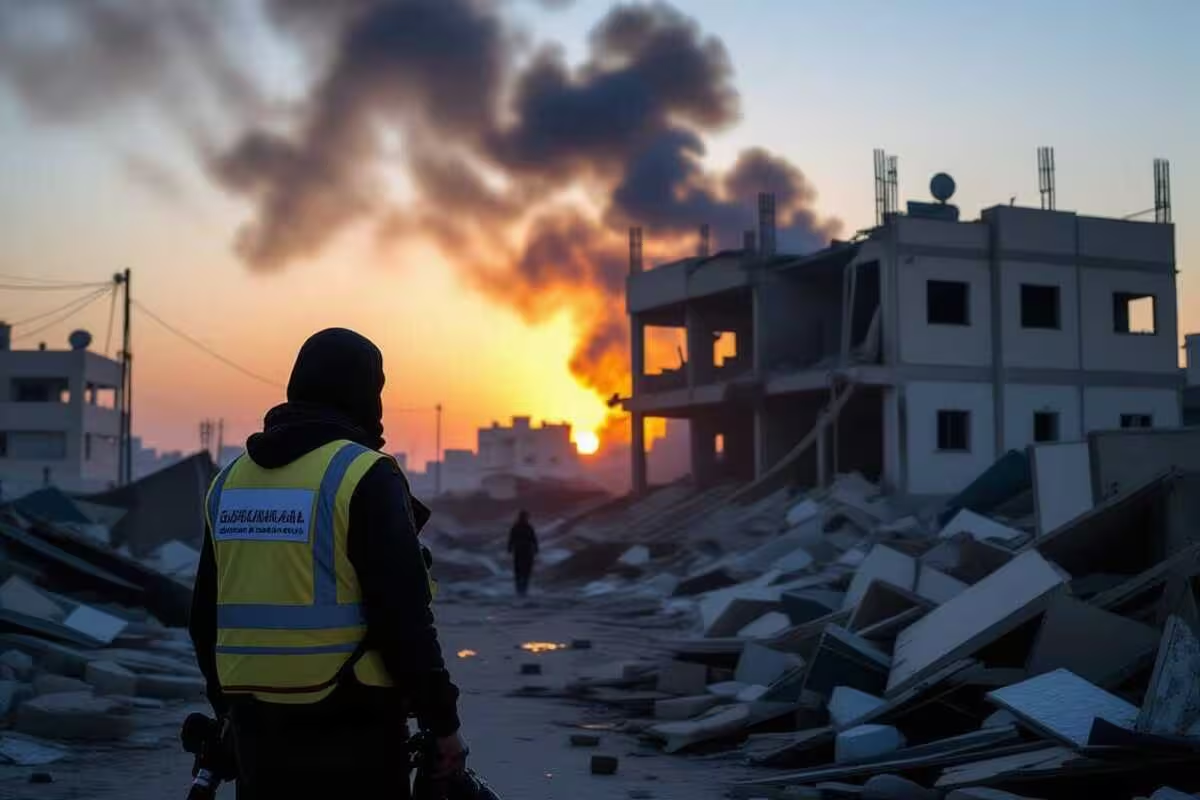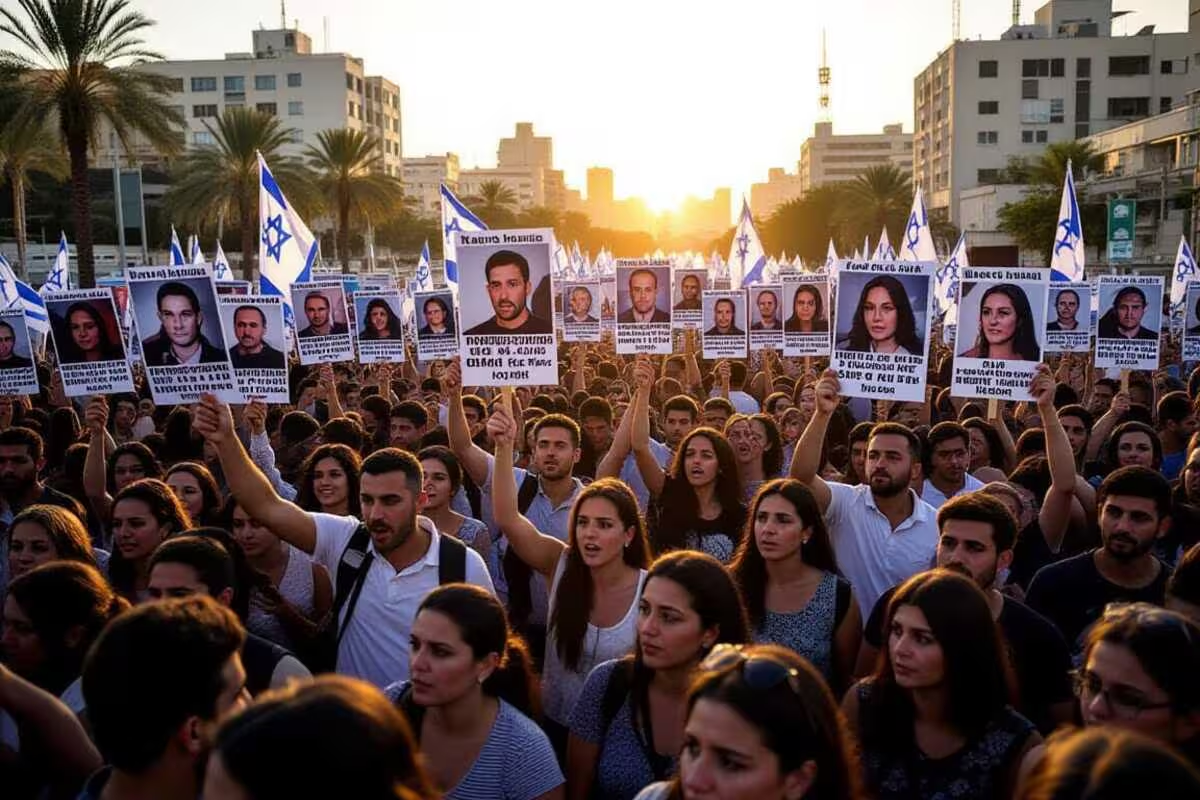Madras High Court Judge Decides to Watch ‘Manushi’ Himself in Censorship Fight
CHENNAI, Tamil Nadu, India – August 19, 2025:In a pretty unusual move, Madras High Court Justice N. Anand Venkatesh is going to personally screen the Tamil film ‘Manushi’ on August 24, 2025. He wants to see if the Central Board of Film Certification (CBFC) is right in demanding 37 cuts. This is happening because the film’s producer, the famous director C. Vetri Maaran, filed a petition against the CBFC’s refusal to approve the movie for everyone to watch. He thinks they’re way off base. The judge watching the film shows how the courts are getting more involved in arguments about artistic freedom and censorship, which has been a thing in India for a while.
How the Fight Got to Court
The whole thing started when the CBFC’s review committees wouldn’t give ‘Manushi’ a certificate. They gave five kinds of vague reasons. They said the film was against the country, insulted certain groups, and put down government policies. But they didn’t point out specific scenes or lines, which left the filmmakers confused.
Because of this, Vetri Maaran took it to the High Court. His lawyers argued that the CBFC was being unfair, violating his rights, and abusing its power. They said the board was acting like a censor, not just someone who approves films.
Judge’s Annoyance Leads to Bold Move
During early hearings, Justice Venkatesh made it clear he wasn’t happy with how the CBFC was handling things. He said their reasons weren’t clear and left the filmmakers guessing. The judge even said that just telling a filmmaker to cut stuff without saying why isn’t right.
He stressed that filmmaking is part of free speech, which is a right in India. The judge said any limits on that right have to be reasonable and based on facts. So, he decided to watch the film himself on August 24 to really understand what’s going on.
What’s the Film About?
‘Manushi,’ directed by Gopi Nainar and starring Andrea Jeremiah, is a tough social drama. It looks at the sensitive issue of a woman being tortured in custody after being wrongly accused of terrorism. People think the film criticizes some of the state’s security forces and government actions.
Vetri Maaran is known for making powerful movies that deal with tough topics. His past films have been praised and criticized for showing human rights issues, caste problems, and violence by the government. This makes the CBFC’s problem with ‘Manushi’ even more interesting, since they might have expected a film that challenges the norm.
Why “Honor” Killings Persist in India
What This Means for Film Censorship in India
The ‘Manushi’ case is just the latest in a long line of arguments between the film industry and the censorship board in India. Filmmakers have been complaining for years about what they see as unfair and politically driven demands for cuts. Movies like ‘Bandit Queen’ and more recent ones like ‘Udta Punjab’ have all gone to court to fight for the right to be shown without too much interference.
The courts have often stepped in to protect artistic freedom, even overturning the CBFC’s decisions. For example, in the ‘Udta Punjab’ case, the Bombay High Court approved the film with just one cut, even though the CBFC wanted 94! These cases have made it clear that the CBFC isn’t a censor but just a group that should approve films based on clear rules.
The Courts as the Final Say
Justice Venkatesh watching ‘Manushi’ himself is taking things further. He’s not just looking at legal stuff but actually judging the film itself. This shows that the courts are getting tired of the CBFC being secretive and are serious about protecting free speech.
The decision in this case could be a big deal. If Vetri Maaran wins, it would tell the CBFC that they need to be clear with their demands and can’t just dislike a film’s message. It would also help other filmmakers fight back against censorship, with the courts backing them up.
BITS Pilani Goa Student Death Shocks Campus
What Could Happen Next
If Justice Venkatesh sides with the filmmakers, the CBFC will probably have to approve the film, maybe with a few small cuts if they’re really needed. This would be a huge win for Vetri Maaran and the film industry. It would show that criticizing the government isn’t automatically a threat to the country.
But if the CBFC wins, it could scare people. The board might become even stricter, leading filmmakers to censor themselves. But that seems less likely, given what’s happened in the past. The Madras High Court’s action is seen as a good thing that will help define the limits of creative freedom and censorship today.
The ‘Manushi’ case is more than just about one film. It’s about who gets to tell stories in India, what stories can be told, and who gets to make those decisions. The judgment on August 24 will be important, with big implications for the film industry and beyond. Everyone’s waiting to see what the court says.



